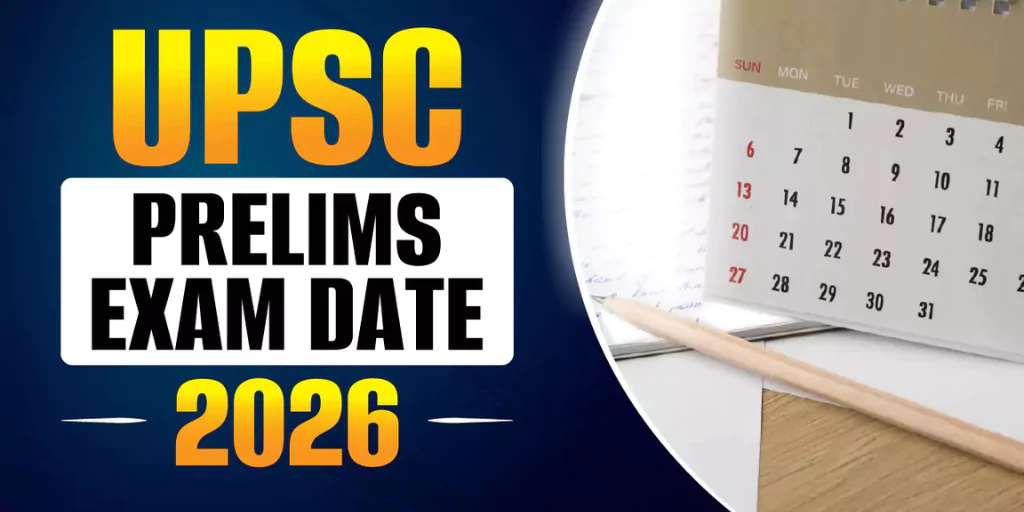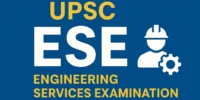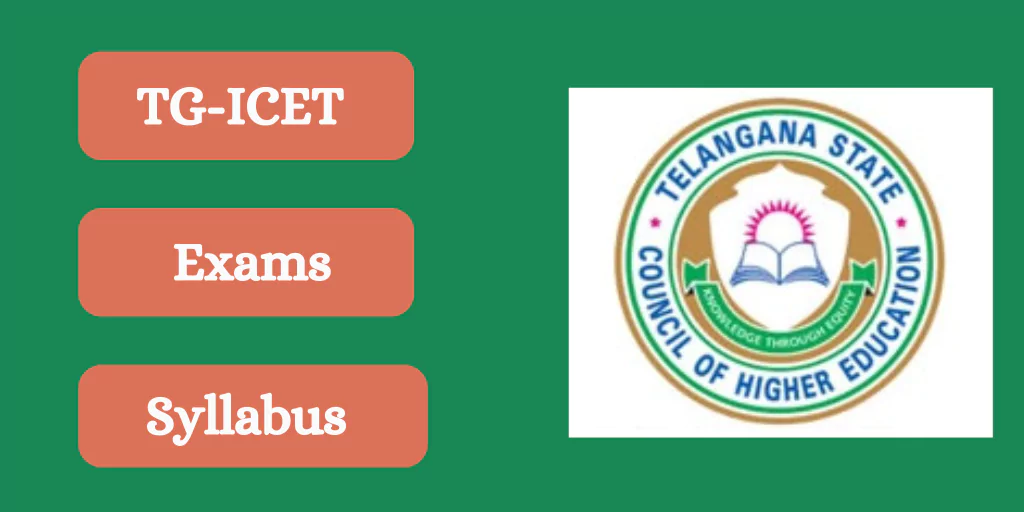Recently updated on October 3rd, 2025 at 06:09 pm
Preparing for the UPSC Civil Services Examination (CSE) 2026 begins with the Prelims, the first and most important step on the path to becoming an IAS, IPS, or FIS officer. The UPSC Prelims 2026 are planned for May 24, 2026, with thousands of candidates from throughout India taking part in this highly competitive exam. The Prelims, with their extensive curriculum, tight eligibility rules, and difficult question structure, assess not only your knowledge but also your strategy, consistency, and time management abilities. This guide will cover the exam date, eligibility, curriculum, pattern, preparation approach, and recommended resources to help you gain a clear path to success.
UPSC Prelims 2026 — All You Need to Know

Date & Overview
- The UPSC Prelims 2026 is scheduled for 24 May 2026.
- It is the first stage in the selection process for civil services (IAS, IPS, IFS, etc.). Only candidates who clear the Prelims can appear for the Mains exam, which is followed by the interview.
- It has two papers: General Studies (Paper I) and CSAT (Paper II).
Eligibility Criteria

To be eligible for UPSC Prelims 2026, aspirants must satisfy the following:
1. Nationality: Indian citizen (or, in some situations, Nepali or Bhutanese subject).
2. Age Limits: 21 to 32 years old (as of August 1 of the exam year) for the general category. Reserved categories are subject to relaxations.
3. Educational Requirement: A recognised Bachelor’s degree (or equivalent). Final-year students may also apply (given they present proof of degree before the Mains).
Exam Pattern
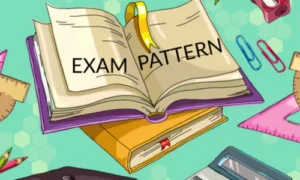
Paper I — General Studies
- 100 questions, 200 marks
- Negative marking (⅓rd mark deducted for a wrong answer)
Paper II — CSAT (Civil Services Aptitude Test)
- 80 questions, 200 marks
- Tests comprehension, reasoning, decision making, basic numeracy, and data interpretation (Class X level)
- Also has negative marking (⅓rd)
To clear Prelims, candidates must appear for both papers.
Syllabus Highlights

Paper I — General Studies includes:
- Current events (national & international)
- History of India & Indian National Movement
- Indian & World Geography (physical, social, economic)
- Indian Polity & Governance (Constitution, Public Policy, Rights, etc.)
- Economic & Social Development, Demographics, Poverty, Inclusion
- Environmental ecology, biodiversity, climate change (non-specialist)
- General Science
Paper II — CSAT focuses on:
- Comprehension, logical reasoning, analytical ability
- Decision making, problem solving
- Basic numeracy and data interpretation (up to Class X level)
Application Procedure & Fees
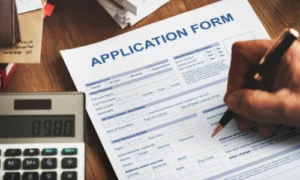
How to Apply:
1. Go to the official UPSC website (upsc.gov.in)
2. Fill Part I registration with personal details.
3. Proceed to Part II: educational details, uploading photo & signature, etc.
4. Pay the application fee.
5. Review & submit.
Application Fee:
• General / OBC: ₹100
• SC / ST: Nil
• Women (all categories): Nil
Payment can be done via debit card, credit card, or net banking
UPSC Releases 2026 Exam Calendar—What Aspirants Should Know
The Union Public Service Commission (UPSC) has announced the entire 2026 Examination Calendar, providing clarity and structure to applicants across India.
This annual schedule includes important dates for major exams such as Civil Services (CSE), NDA, CDS, CAPF, and others. In this piece, we will break it down, assess the implications, and offer guidance on maximising the benefits of this roadmap.
Major Dates & Highlights
Here are some of the most crucial dates from the 2026 UPSC calendar:
- Civil Services (Preliminary) Examination
Date: May 24, 2026
Last Date to Apply: February 3, 2026 - Civil Services (Mains) Examination
Date: August 21, 2026 - NDA & CDS Examination (I)
Date: April 12, 2026 - NDA & CDS Examination (II)
Date: September 13, 2026 - CAPF (Central Armed Police Forces) Examination
Date: July 19, 2026
Conclusion
The UPSC Prelims 2026 is the first step towards one of the most prominent jobs in India’s civil services; it’s more than just a test. Beyond simply learning data, success necessitates a thorough comprehension of the material, a focused study schedule, and astute revision techniques. Keeping up with current events, practising with past year’s papers, and maintaining consistency will offer you an advantage.
Never forget that passing the preliminary exam is the first step toward realising your IAS dream, and every effort you make today will help you get there. Your hard work will determine your success, so maintain your motivation, focus, and confidence as you approach your preparation.


